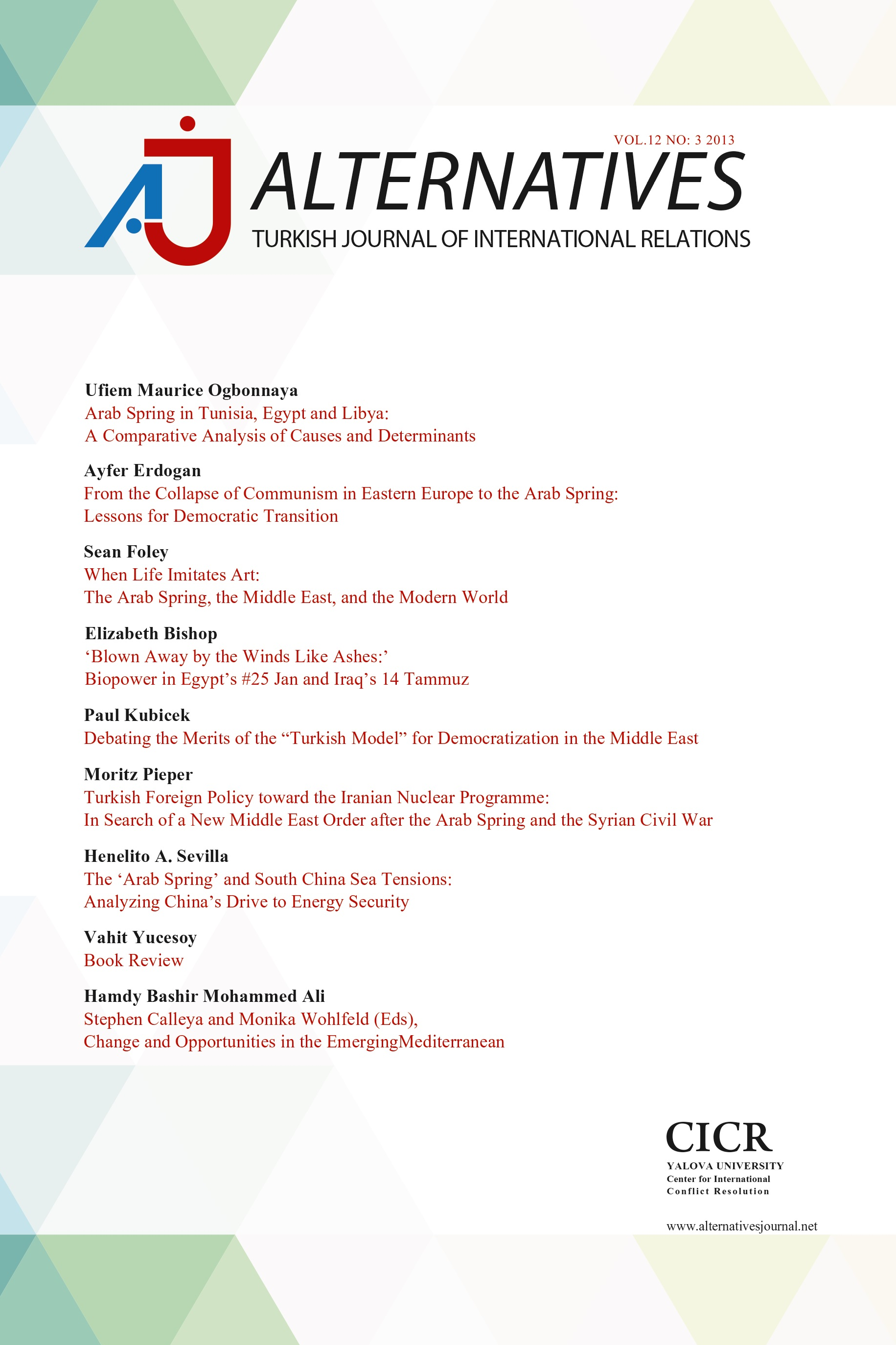The Nexus between the Democratic Peace Theory and Economic Coercion: Why Democracies Fight Each Other?
Recent research shows that the Democratic Peace Theory (hereinafter referred to as DPT) is based on thedyadic (democracies rarely if ever fight one another) and the monadic (democracies are more peaceful ingeneral) assumptions. In asserting these premises the DPT has concentrated mainly on militarized conflict.However, recent scholarly work has shown that the definition of the term “conflict” has widened in scopeto include economic conflict prompting the use of coercion. Using some sanctions episodes in HufbauerClyde Gary et al (2006) this article investigates how and why democracies have used economic sanctionsagainst each other despite their shared values and beliefs, economic interdependence and universalconflict resolution mechanisms that presumably favor peace. This research seeks to falsify the dyadicpremise/claim of the DPT by citing a clash of interests, domestic values and priorities among citizens,high levels of trade between democracies and economic strength of democracies as factors facilitatingdemocracies sanctioning each other.Key words: democratic peace theory (DPT), economic sanctions/coercion, democracies
Keywords:
-,
- ISSN: 2146-0809
- Yayın Aralığı: Aylık
- Yayıncı: Yalova Üniversitesi
Sayıdaki Diğer Makaleler
